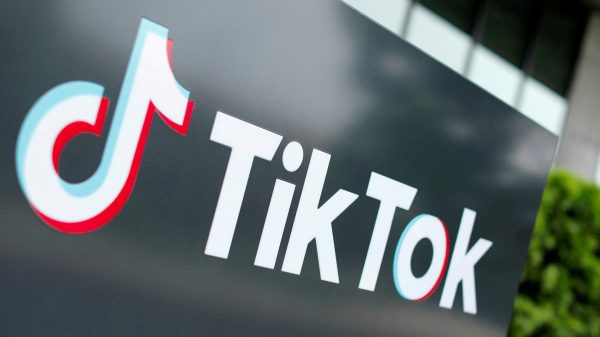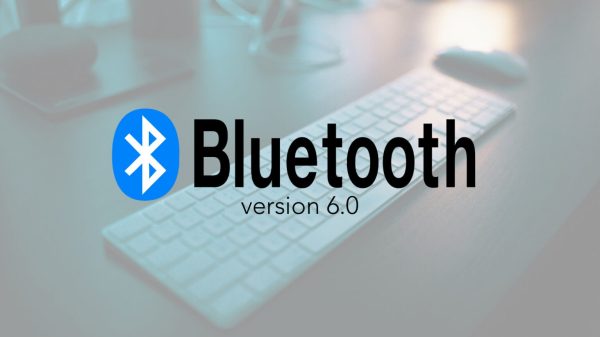Microsoft has recently implemented a controversial change in Windows 11 regarding OneDrive backups, significantly limiting user choice. Previously, users had to opt-in to activate automatic folder backups to OneDrive, with Microsoft reminding them through notifications if they hadn’t done so.
However, the new approach in Windows 11 automatically activates this feature without user consent or prior notification when setting up a new computer with a Microsoft account and internet connection.
This change means that upon setting up a new Windows computer, users may find their desktop cluttered with synchronized files and folders from OneDrive, potentially causing frustration. Previously, this synchronization was optional and required explicit user activation.

Windows 11’s Automatic OneDrive Backup Policy Sparks Privacy Concerns and User Backlash
To disable this automatic backup feature, users must navigate through the OneDrive settings. By right-clicking the OneDrive icon in the taskbar notification area and accessing the settings, users can manage which folders are backed up to OneDrive.
This process involves selecting the “Sync and backup” section and then choosing “Manage backup” to deactivate undesired folders. Older versions of OneDrive with a different interface require similar steps under the “Backup” tab.
Alternatively, users who are uncomfortable with this change can uninstall OneDrive entirely from their system. However, this solution is drastic and might not be favored by Microsoft, which emphasizes cloud integration in its ecosystem.
The sudden imposition of automatic OneDrive backups reflects a shift towards standardizing cloud services integration by default, potentially disregarding user preferences for privacy and control over their data. This move has sparked criticism among users who value autonomy in managing their computing environment.









































